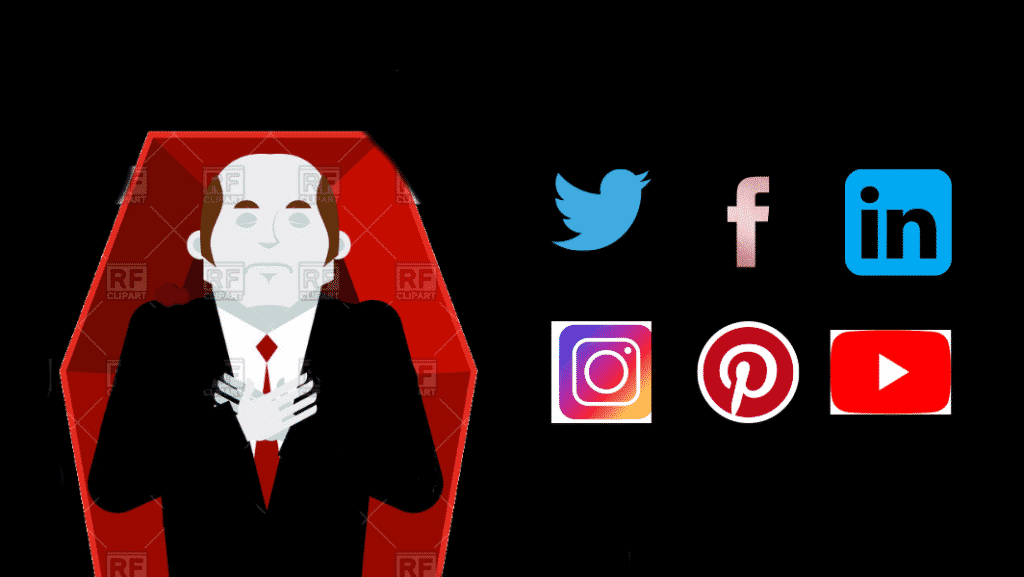Social media is so intricately woven into the lives of the majority of people that it has changed the way we do business, especially in marketing, advertising, and even recruitment. You might be familiar with the scene below, or some variations of it:
- You wake up, check your phone, and go on Facebook. Scroll, scroll, scroll, like, comment, scroll.
- Throughout the day, in between meetings and other work schedules, you post pictures, comment on a friend’s status update, and tweet about the traffic.
- Before you sleep at night, you check who liked your photos and browse through Instagram.
If this is you, then you are no different from the 3.48 billion people all over the world who are social media users. (Whether this is a good thing or not, is up for debate and on another post.) If you’re still unconvinced, check out these Facebook statistics that will tell you how much social media is affecting the world.
With all the information, opinions, and pictures you shared on Facebook, Twitter, and other social media sites, have you ever stopped and wondered what will happen to them when you die?
Facebook memorialized accounts
Facebook’s Memorialized Accounts will help you answer this question. You can choose to set a legacy contact who can access your account after you pass on, or you can opt to have your account permanently deleted after your death. If you don’t have a legacy contact and didn’t choose to have your account deleted, Facebook will memorialize your account when they become aware of your passing.
Take, for example, the Facebook profile of Sharon Otieno, the pregnant Rongo University student who was murdered in September 2018. Her Facebook account is still active but it now says, “Remembering Sharon Otieno.”
When your account is memorialized, Facebook will put the word “Remembering” before your profile name. Facebook has made several updates to memorialized accounts, including adding a separate section for tributes that the legacy contact will have more control of.
Instagram can also memorialize an account, but unlike Facebook, users can’t set it up before their death. Instagram will only memorialize accounts when they receive a valid request for it.
Leaving your accounts to family members
There’s also the option of leaving your accounts to a member of your family. You can put the passwords to your social media profiles somewhere that your immediate family can easily access in case of your death. If you trust them enough, you can even share the information with them now while you’re still alive.
Comedian Jalang’o is putting his brother in charge of all his social media accounts when he dies. He currently has over 74,000 followers on Facebook, 1.1 million followers on Instagram, and 347,000 on Twitter, and it will be up to his brother to use these accounts to keep his legacy or to use for business.
If you manage Facebook pages, this is the most logical thing to do since Facebook will remove the page if the only administrator is deceased. If you have an online business and you are the only page admin, make sure to give somebody else access or add another admin so that your business can still continue.
Online funeral directors
If you can’t think of anyone in your family or circle of friends who can be trusted with your personal details, there are digital afterlife services that can encrypt and store this sensitive information.
Aside from this, you can also set a posthumous email and an online memorial. If you really want to freak people out, set posts up in advance through a social media scheduling tool and have them send it out after your death. No? Too macabre? It could be a good laugh…
